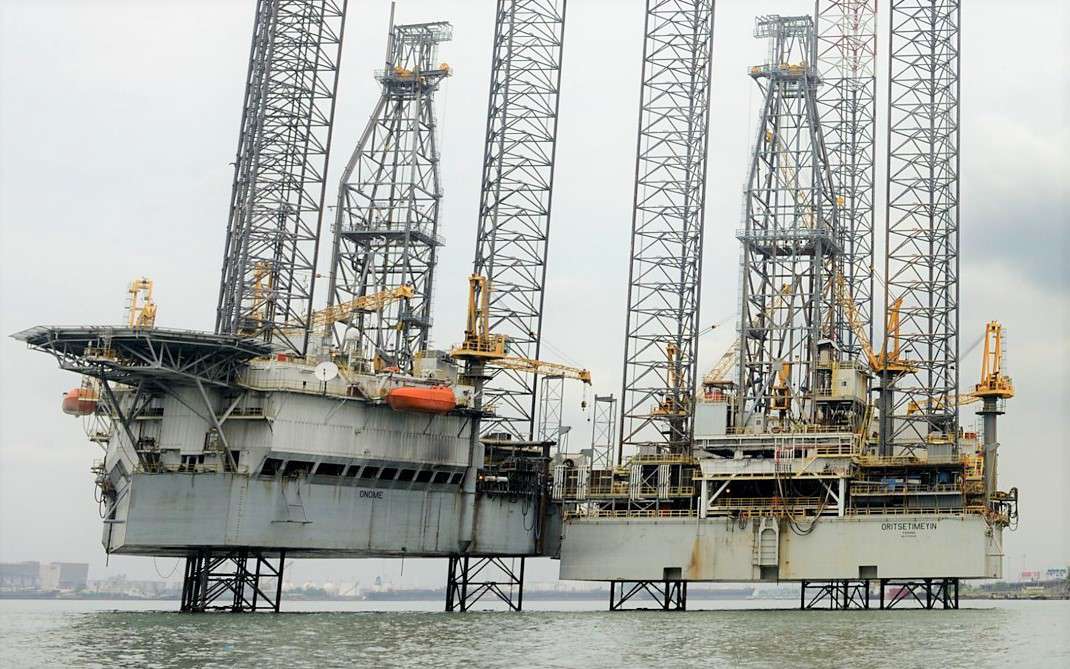Business
Oritsemeyin rig licence revocation a wake-up call for oil firms, says expert

An oil and gas consultant, Dr. Maurice Ibe, has described the revocation of the Oritsemeyin rig’s operating licence by the Nigerian Upstream Petroleum Regulatory Commission (NUPRC) as a decisive warning to upstream operators to strictly comply with safety and operational standards.
Ibe, who is the Group Executive Chairman of Benham Group, told journalists in Abuja on Sunday that the NUPRC’s move underscored the regulator’s resolve to enforce provisions of the Petroleum Industry Act (PIA) 2021, especially those relating to good oilfield practice and operational safety.
“Oritsemeyin apparently did not adhere to standard operating procedures and protocols. The action of NUPRC is an indication of the importance and seriousness of the regulatory body to sanction erring operators and warn others to strictly conform with the standards set in the PIA 2021,” Ibe said, according to News Agency of Nigeria.
“Serious investors should applaud the action and appreciate NUPRC’s decisiveness to prevent potential safety issues that can snowball into a major catastrophe.”
His comments followed the commission’s September 11 notice to Selective Marine Services Limited, the operator of the Oritsemeyin rig, revoking its licence and disqualifying it from all renewal protocols. NUPRC explained that the decision came after a dangerous “kick” – the unwanted influx of oil, gas or water into a wellbore – was recorded during drilling of the UDIBE-2 well. The incident caused costly delays, Non-Productive Time, and forced a sidetrack.
The regulator said the operator had been issued a culpability notice in June, with a reminder in July, but failed to resolve the matter.
A rig with a troubled history
Once hailed as a flagship of Nigerian indigenous capacity, the Oritsemeyin rig has faced years of setbacks. Built with its twin, Rig Onome, at a combined cost of $508 million, the rigs were financed largely by loans from First Bank through Seawolf Oil Services, founded in 2007 by Adolor Uwamu and Remi Okunlola.
By 2011, Seawolf reportedly defaulted on debts exceeding N100 billion, prompting the Asset Management Corporation of Nigeria (AMCON) to seize the assets during its banking sector clean-up. For years, both rigs sat idle at Lagos Marina before AMCON finally announced in 2019 that Oritsemeyin had been deployed to Brittania-U’s Ajapa oilfield under Selective Marine’s management. Rig Onome reportedly remains stranded in Lagos.
AMCON had insisted the rigs were meant to be converted into cash to recover loans. “Every asset AMCON has is for sale. AMCON is not in the business of running businesses,” spokesperson Jude Nwauzor said at the time.
Beyond financial woes, Oritsemeyin was embroiled in a major labour dispute in November 2024 when soldiers stormed the rig to eject workers affiliated with the Nigeria Union of Petroleum and Natural Gas Workers (NUPENG). The action, condemned by the Nigeria Labour Congress (NLC) and PENGASSAN, nearly triggered a nationwide strike before government intervention.
Unions alleged the clampdown was linked to operators’ refusal to implement severance agreements earlier mediated by the NUPRC and the Department of State Services (DSS).
With its licence now revoked, experts say the regulator’s action signals a turning point in Nigeria’s upstream sector.
“This is not only about Oritsemeyin,” Ibe noted. “It is about upholding global best practices, enforcing accountability, and ensuring safety in the industry.”


